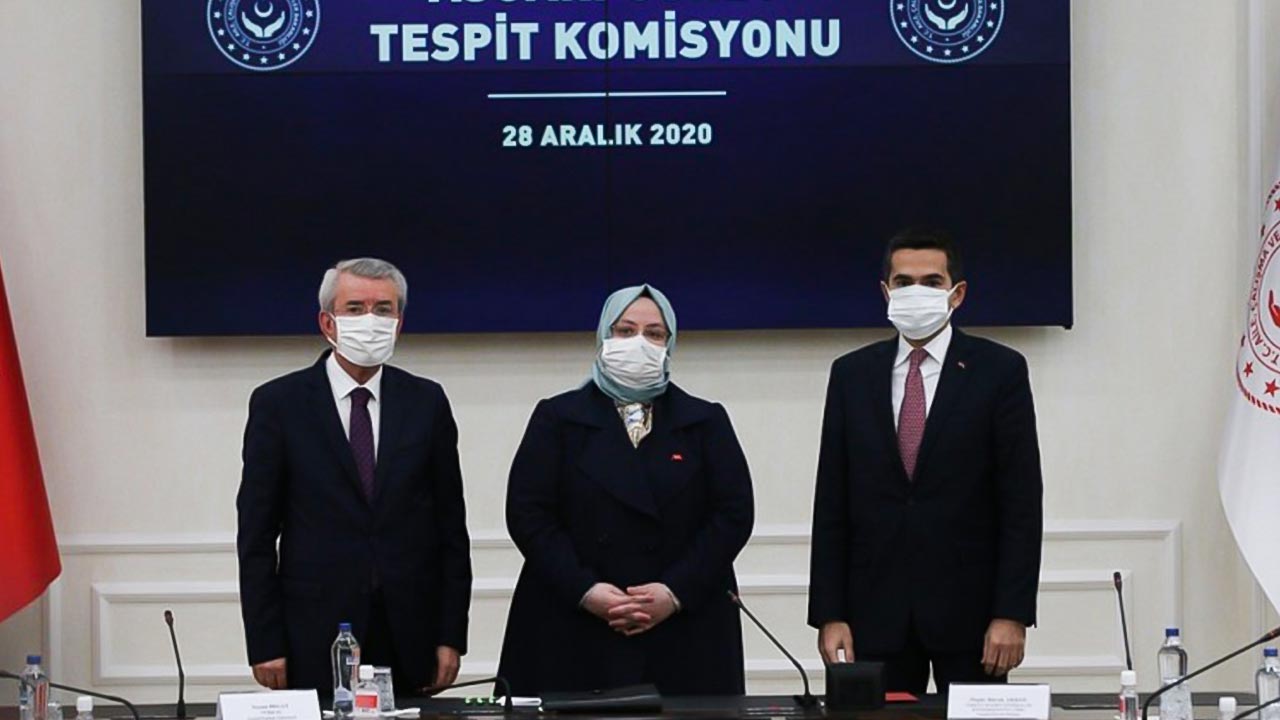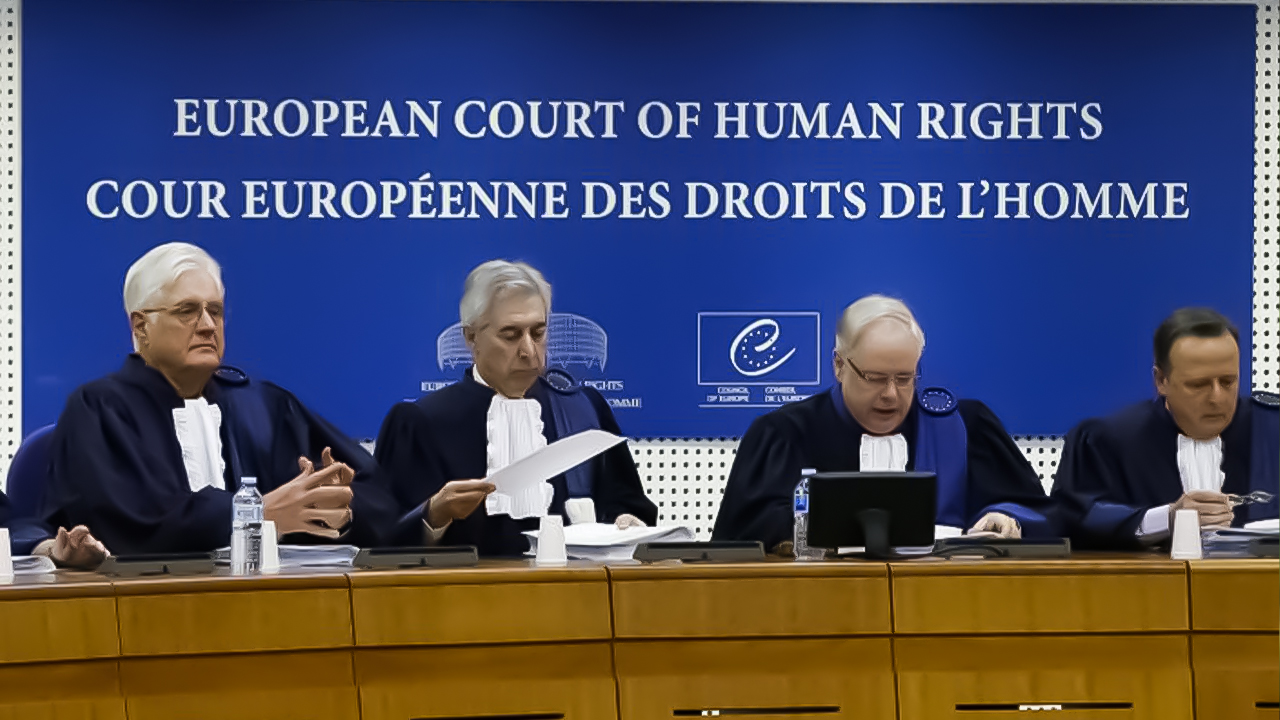by Sultan Eylem Keleş
On the eve of the International Day for the Elimination of Violence against Women (25 November), Berrin Sönmez talked to MedyaNews about Islamic feminism, which is not welcomed by conservatives or secularists in Turkey.
Having held the position of Chair of the Başkent (Capital) Women’s Platform from 2011 to 2013, Berrin Sönmez is a columnist in Gazete Duvar and the host for the online programme “Feminist Gaze” of Medyascope. The Başkent (Capital) Women’s Platform has been working for women’s rights, mostly organized by Muslim/conservatist women, since 1995. Sönmez is now working within the Women’s Platform for Equality. Currently carrying on with her feminist work as part of the Women’s Platform for Equality, Sönmez describes herself as a ‘feminist, rights advocate and chronic opponent’.
You define yourself as an “Islamic feminist”. What is Islamic feminism? What does it mean for you in your personal journey?
This is a frequently ask question, yet it does not have a specific answer. My answer is: When you look from the framework of Islam, when you are a religious person, it is quite natural that you feel the need to be equal. What drives me to feminism is the fact that I do not accept the subordination of Muslim women and I do not accept inequality. Within the framework of Islamic belief, there are multiple fractures among the various interpretations and sects concerning the perspectives they have on women. However, when I refer to the Quran as the main source, I interpret its verses primarily. Reading and interpreting the Quran historically, I have come to realize its figurative meaning. The question is not the Quran, but the interpretation, how it was paraphrased.
A new meaning should be reconstructed with a feminine perspective. I deconstruct each verse and reconstruct the meaning anew. Actually, in order to preserve my faith, I choose to become a feminist. The Sunni/Orthodox Islamic interpretations are not able to address the people of our era, because this understanding demands that women continue to live in the culture of the seventh century Arabian Peninsula whilst men can live independently without limits.

Can we say that the “head-scarf ban”, which banned the entrance of women with hijabs to public institutions – including the universities – has become a turning point for Islamic feminism?
Of course it has. It is not just about this but the bans definitely created a dynamic impact. The head-scarf ban was an imposition of modernity and it resulted in the marginalization of one segment of society. The men, who were then marginalized, have become part of the system again, but the head-scarf ban was the major factor which disabled the possibilities for women to become a part of the system. The women with the hijab either participated in the system by removing their head-scarf or continued to remain out of the system by keeping their head-scarf. This affected their right to work and their right to education.
Women with hijabs have continued to exist as part of society and they have begun to demand their rights. The role of political Islam, which is an increasing trend, must be seen where the head-scarf has come to be a symbol, a flag, for political Islam. They have preferred to support the freedom struggle of women as part of a support initiative for the “freedom to use head-scarves”. Therefore, they have begun to treat women as the representatives of the Muslim ‘ummah’ (Islamic religious community), so if women did something wrong, they would have done it against the ummah. This has also become a burden on the shoulders of Muslim women.
Let us talk about the journey, the stops and the routes that have been taken. Where was Islamic feminism and where is it today?
Islamic feminism was launched in Turkey in the 1990s by numerous religious women choosing to be a part of feminist organizations. Here, one must remember Konca Kuriş (She was a Turkish-Muslim feminist, researcher and author. She was killed by the Hezbollah in 1998). Dear Konca was maybe the first to announce that she was a feminist, loudly and openly. Her radical and strong stance was so valuable and significant. Many women of the era increased their level of consciousness and paved the way for feminism with their hard work relating to the education of women, whether or not they declared themselves as feminists or not. The conservative-religious community has always ‘black-labeled’ this work, but they could have never stopped the women, nor the spread of this spirit. The knowledge and the experience inherited from that time enabled the development and the experience of the “Reçel (Jam) Blog”, and the Havle Women’s Association (The Reçel [Jam] Blog was formed by the activist women of the Initiative of the Muslims Against the Violence Against Women. This is a blog where religious/conservative women write with nicknames. Havle Women’s Association was founded in 2018: it is the first Muslim feminist women’s foundation in Turkey).

Coming back to contemporary politics, the Ministry of Interior Affairs has announced that femicides have decreased by 14% compared to the October 2019 period. You have reacted to this on social media, saying that ‘the facts are out there’. What are those facts?
They try to manipulate the perception, but the data they shared definitely does not reflect the reality. We have been giving a voice to the reality since the beginning of this year: the murders have been listed and recorded as “unsolved deaths”. The necessary investigations needed to reveal whether these deaths were murders or not has not been conducted in many cases. In addition, the suicide rates have increased as well but we do not know if those suicides were actually suicides or murders with the decoration of a ‘suicide’ being added to cover up crimes. The case files relating to these matters are opened and closed almost simultaneously; the cases are not investigated properly.
The mobile application named KADES that the Ministry produced for women to report the violence they are subjected to is unreliable as many women do not have even a smart phone. The calls to report violence have increased by 30-40% compared to last year. It is not realistic to announce that femicides have decreased by 14% in light of this. Right after this announcement of the Minister, twenty women were killed in the first week of November and the following feticide rates hit a record this November. They can fabricate numbers, but not the facts.

Right after President Recep Tayyip Erdoğan brought the İstanbul Convention to the agenda, the pro-governmental media organizations served to promote propaganda criticising the Convention, claiming that it “destroys the structure of the Turkish family” and “serves as a platform for gays”, etc. What happened with the discussion over the Istanbul Convention? Did power take a step back?
Those in power want us to think they took a step back. However, the women’s organizations have never accepted this idea that they took a step back. Why do they prefer to walk silently behind the curtains, when they first acted furiously? What pushed those in power to stay silent was and is the resistance of the women – the women who stepped up with the banners reading: “We will not let go of the İstanbul Convention”; the women who insisted strongly on the preservation of the İstanbul Convention.

Numerous women’s organizations embraced the İstanbul Convention with a similar stance, whether they were pro-government or not. Now we have learned that they have asked for the their opinions of some of their local women’s organizations, although they are very few. They might also be consulting the opinions from the pro-government women’s organizations. This make us think that the purpose is definitely not about asking for the opinions of women but aimed at convincing women to support a plan, which is dedicated to change the articles in the İstanbul Convention, in order to convince them to stay silent.
You have closely followed the Turkish parliament’s discussions on budget planning. What does this budget promise for women? Does it promise anything?
We have demanded a special budget for the implementation of the İstanbul Convention more than once via our press conferences and social media protests. However, this item was not supported in the budget. The budget does not include a target of increasing the number of women’s shelters. The concept of social gender inequality had already been removed from the Development Plan one year ago. They do not want to realize anything related to social gender equality. It is impossible for women to get an equal share from the budget without a budget planned based on gender equality. The Crisis Centres for Sexual Violence, which are considered as a must in the İstanbul Convention, have not been established and there is no further note in the budget plan that they will spare budgetary expense for that.
During a visit to Japan, President Erdoğan announced that “women’s universities” would be established, where only female students can benefit. Is this plan included in the budget discussions?
Not in the budget meetings, but it was included in the Annual Presidency Plan for 2021. We do not know how many women’s universities would be opened and where, but they will open these universities. I think there are two grounds for this plan. Firstly, they want to restrain the efforts of women that they give benefit to. Secondly, it is probably related to those foundations, cults, communions which transfer financial profits to these groups as well as a way of handing them over these aspects of the education system. In some faculties of theology, male and female students take their courses in different times and in different seminar rooms. So, it seems they might be using this to prepare the infrastructure of the idea of women’s universities. However, the struggle for women’s rights cannot be stopped by these barriers being built against them. For whatever reason they build these women’s universities, I am sure the women will embrace and strengthen each other in there as well.
Finally, what would you like to say about the International Day for the Elimination of Violence against Women on 25 November?
The memory of the Mirabel sisters lies within the hearts of all women. Learning from this pain, they give all their efforts to preserve their rights. They develop policies as well as suggest policies for the powers to take heed of. We want the government to take the necessary precautions to apply the İstanbul Convention and we demand that the Turkish Parliament comes together for a special agenda regarding the struggle against violence against women on 25 November. We have shared this demand with the government and opposition parties. If the government does not take appropriate steps, we expect the opposition parties to make a move.

















